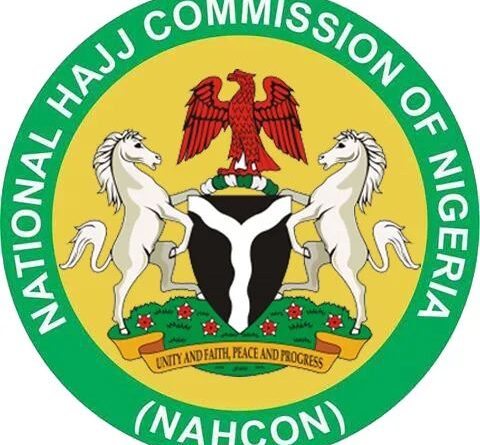Don asks NAHCON to hire skilled and certified workers for the Hajj operation.
Prof. Isma’ila Shehu has advised Nigeria’s National Hajj Commission (NAHCON) to insist on hiring qualified, professional, and certified personnel to conduct its yearly hajj operations.
Shehu, a professor in the Department of Political Science and International Studies at Ahmadu Bello University, Zaria, made the announcement on Thursday at the 2023 Hajj Lecture and Award ceremony in Abuja.
The Independent Hajj Reporters (IHR), a civil society movement that monitors and reports on hajj activities in Nigeria and Saudi Arabia, organised the event.
The don also instructed NAHCON to ensure that all prerequisites for the smooth implementation of its Hajj Saving Scheme are met.
He stated that this is to allow low-income individuals to profit from Islamic finance.
“With the exorbitant price and progressively changing policies of the Saudi Ministry for Hajj Affairs, the reality and inevitability of queuing for hajj have never been starker,” Shehu explained.
“NAHCON should insist on seeing that hajj operations are handled not only by administrators, but also by competent, trained, and certified individuals who must have imbibed the vocational spirit of humanitarian service, self-denial, and trust in the hajj management business.”
“A general redefinition and appreciation of the changing dimensions of hajj is required.” Rather than basic administrators.
“We need pilgrims who will go beyond the level of a spiritual journey to that of an organised global business that can improve international trade and diplomatic relations.”
“This reality should pave the way for greater collaboration among and between states and nations, as well as business organisations, to advance multilateral economic relations.”
The don also stressed the importance of NAHCON deepening its commitment to pilgrim welfare by creating provisions that give value to the large sum paid for hajj.
“For example, its saving scheme can be made to roll over a period of up to five years of installments,” he noted.
“This would alleviate anxieties among prospective pilgrims and provide them with mental stability and assurance that they would complete the journey.”
“However, special consideration should be given to those who, for one reason or another, may justifiably be allowed to go wherever they please.”
Shehu urged the commission to coordinate accommodation plans in Makkah to house pilgrims near the haram (mosque), like in Madinah.
“In order to achieve its goal of converting waste into wealth, NAHCON should invest significantly more in its training institute for hajj managers.”
“Beyond the cognate experience of potential pilgrim officers,” Shehu stated, “they should be certified by the commission’s institute or any other training school that has bearing with the tourism or air travel business.”
He asked NAHCON’s operators and their state counterparts to set a good example by following the rules intended to regulate pilgrims’ behaviour.
“It would appear strange for any official dressed in NAHCON or state pilgrim officers’ operational uniforms to violate hand luggage and other travel protocols,” he said.
Shehu also charged the group with exerting its role as a stakeholder in broad public policymaking.
“In terms of hajj operations,” he continues, “they should closely monitor and critically study events, define them as problems, and insist on prompt, authoritative attention.”
“While performing this function, this is an important component of their social responsibility and surveillance functions.”
“Hajj Reporters should ask stinging questions and demand explanations from officers in charge.”
“There will be no needless spinning; no needless image laundering for the misdeeds and ineptitude of stakeholders.”
“The image of Nigeria as a nation and the welfare of Allah’s guests are more sacred than the base interests of those caught up in accommodation racketeering, subsidy diversion scandals, and poor catering services rendered to pilgrims.”




